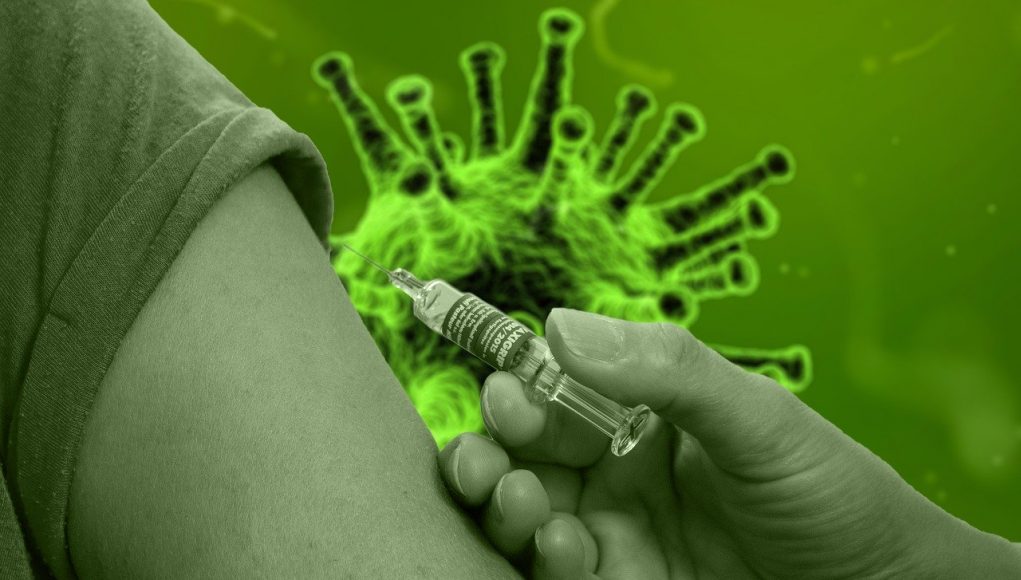Kentucky BioProcessing (KBP), an American subsidiary of the British tobacco company BAT, is working on a potential vaccine against COVID-19, it was announced in a press release yesterday. Currently undergoing preclinical tests, BAT “is hopeful that, with the right partners and support from government agencies, between 1 and 3 million doses of the vaccine could be manufactured per week, beginning in June.”
KBP cloned a portion of COVID-19’s genetic sequence which led to the development of a potential antigen, a substance which induces an immune response in the body and produces antibodies. This antigen was then inserted into the tobacco plants for reproduction and once the plants were harvested, the antigen was purified.
The advantage of a vaccine based on a plant formula
BAT explained that since tobacco plants “cannot harbor pathogens that cause human disease”, a plant based formula is safer and the elements of the vaccine would accumulate “much faster in tobacco plants,” therefore this method of production is also more time efficient.
Additionally, unlike traditional vaccines, the plant formula remains stable at room temperature and does not require refrigeration, hence it would be easier to store and transport. Moreover, it has the added potential of providing “an effective immune response in a single dose.”
This is not the first time that KBP, which BAT acquired in 2014 through its subsidiary Reynolds American Inc, has been working on a drug intended to fight an epidemic. Six years ago the company launched a drug called ZMapp™, intended to fight the Ebola virus, and whose first results had been very promising.
Engaging with health entities to expedite the vaccine development
BAT is now exploring partnerships with government agencies in order to bring its vaccine to clinical studies, and make it available to the public if these have positive outcomes. “We are engaged with the US Food and Drug Administration and are seeking guidance on next steps. We have also engaged with the UK’s Department for Health and Social Care, and BARDA in the US, to offer our support and access to our research with the aim of trying to expedite the development of a vaccine for Covid-19,” said Dr David O’Reilly, Director of Scientific Research at BAT.
“Vaccine development is challenging and complex work, but we believe we have made a significant break-through with our tobacco plant technology platform and stand ready to work with Governments and all stakeholders to help win the war against Covid-19. We fully align with the United Nations plea, for a whole-of-society approach to combat global problems.”
“KBP has been exploring alternative uses of the tobacco plant for some time. One such alternative use is the development of plant-based vaccines. We are committed to contributing to the global effort to halt the spread of Covid-19 using this technology,” concluded O’Reilly.












